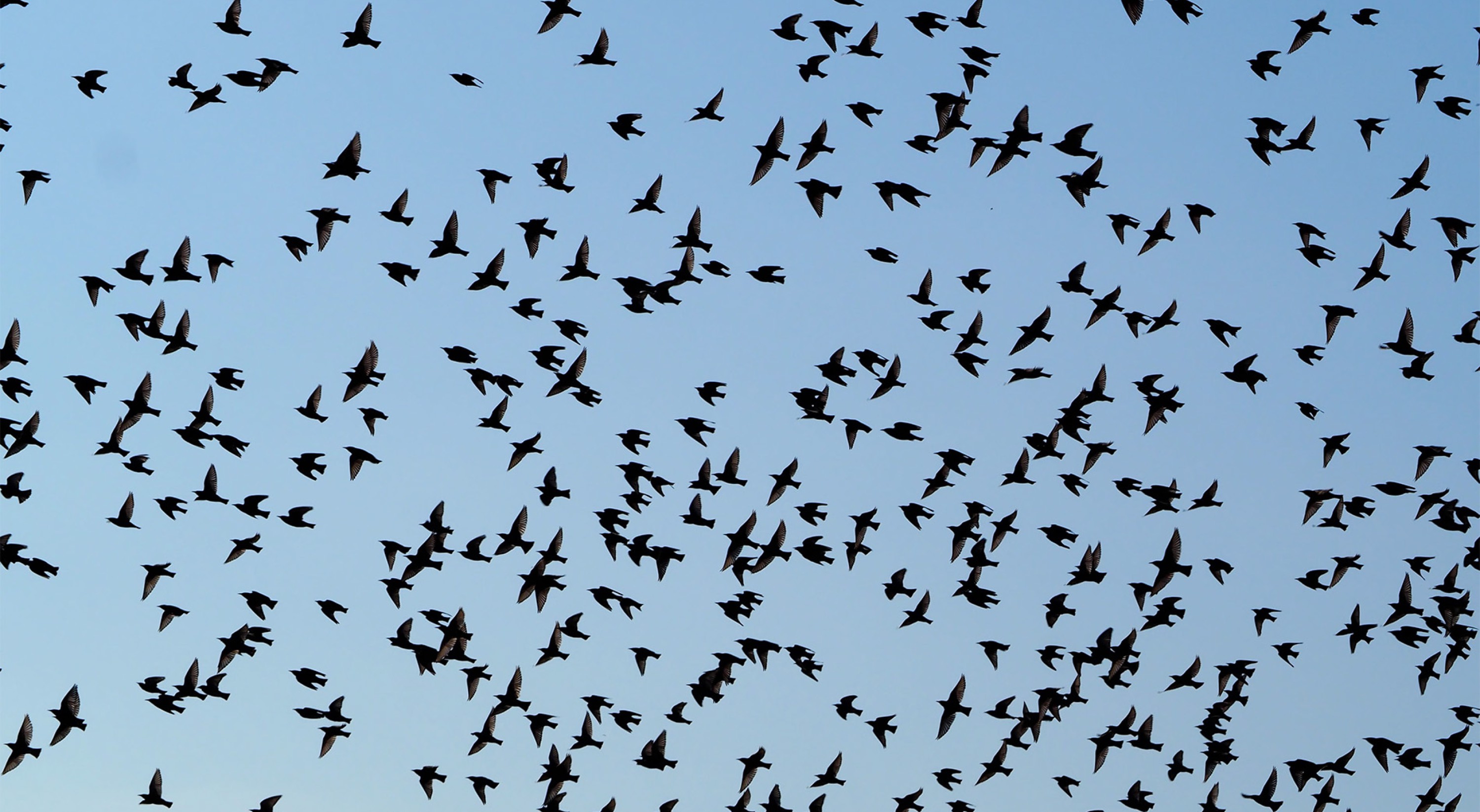Pierre-Yves Macé
Ear to Ear Notes pour les diapasons invisibles
novembernov 13
Ear To Ear
In memoriam Scott Walker
Electroacoustic work composed in 2022 for the centenary of the poem The Waste Land (1922) by T. S. Eliot
Translation from English of the poem The Waste Land, Joris Lacoste
Surtitling and video direction, Oscar Lozano
Ear to Ear installation at St Eustache church (see page 42)
Notes pour les diapasons invisibles
for free instrumentation ensemble
Commissioned by the State
Dedalus Ensemble
Artistic director, Didier Aschour
Amélie Berson, flute ; Fabrice Villard, clarinet ; Christian Pruvost, trumpet ; Didier Aschour, guitar ; Denis Chouillet, piano ; Silvia Tarozzi, violin
Delegated production ensemble Dedalus
Coproduced by théâtre Garonne - Scène européenne within the framework of the DGCA-SACEM scheme for composers associated with a multidisciplinary stage, GMEA - Centre National de Création Musicale d'Albi-Tarn
With the kind permission of the T.S. Eliot Foundation and Faber London
With the support of the Sacem
The Théâtre des Bouffes du Nord and the Festival d'Automne à Paris present this concert in co-production.
This concert, the final instalment in the portrait dedicated to Pierre-Yves Macé, returns, in the form of a cinematic version, to Ear to Ear, an electronic music fresco based on The Waste Land by T. S. Eliot. Following this, in Notes pour les diapasons invisibles, bird songs and live instruments converge onstage in a polyphony the naturalism of which is illusory.
Ear to Ear is a reading of The Waste Land, a multi-lingual choir of ten voices which have been recorded and transformed. The voices range from man to woman, actor to non-actor, and, in terms of timbre, from young to elderly. Pierre-Yves Macé writes that he endeavoured to make this choir as mixed and cosmopolitan as possible. It adopts the different structures from the poem and its images then unfurl in a montage which embraces discontinuity. This concert does not purport to be its "installation" running from the 25th September to the 6th October at Saint-Eustache church, but rather a version broadcast on two loudspeakers, a "cinema screening", in which the accent is placed on the link between image and sound. The video made by Oscar Lozano brings up Eliot's poem on the screen, in various letter forms, and turns it into a composition which echoes the music. Between soundscape and polyphony of loops and ritornellos, the Notes pour les diapasons invisibles are given over to electronic music and an ensemble with no clearly-defined instrumentation, similar to the work of Frederic Rzewski. Devised using a large collection of bird song recordings, the electronic music plays upon the different sounds and picks up on unstable thresholds, thereby linking the instrumental section with a relationship made of convergences and de-phasing. This piece sees Pierre-Yves Macé involving both the human and animal world, recorded in a wide variety of enthralling interactions.
In the same place
